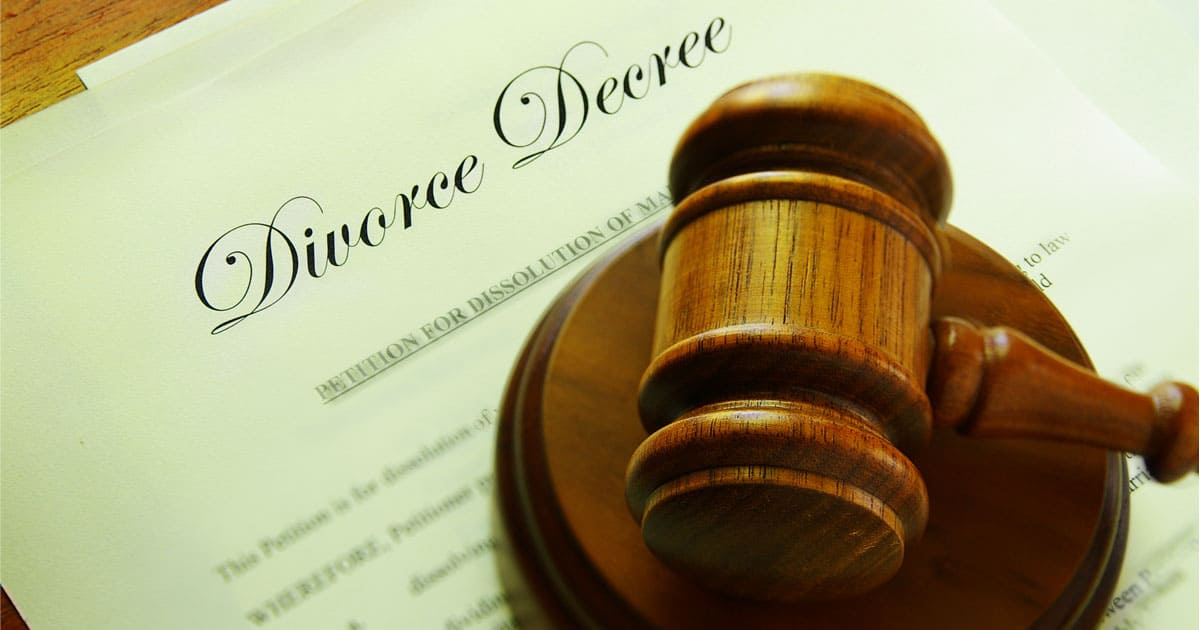When married couples decide to get divorced in Maryland, they must file specific documents with the family courts. One such document is the divorce decree. A divorce decree is an all-encompassing written document that tries to tighten all the loose ends. Divorce decrees are typically absolute, which means they end the legal marriage. However, some divorce degrees fall under the category of limited divorce decrees. Limited divorce decrees resolve issues or concerns, but do not end the marriage. For the purposes of this post, absolute divorce decrees will remain the major focus of the discussion.
What Belongs in a Divorce Decree?
Although all divorce decrees are necessarily unique to accommodate the needs of the divorcing couple, they tend to cover certain topics. A few of the most frequently talked about divorce decree issues involve child custody, financial support of children, financial support of spouse, and the division of property, assets, and debts.
Child Custody
Child custody tends to be the most important topic for parents getting a divorce. Divorce decrees set up rules related to physical and legal custody. Physical child custody focuses on determining where children will live at different times of the week, month, or year. Physical custody can also cover which parent will pick up the children from school and when, as well as who gets the children during holidays.
Legal child custody concentrates on determining which parent can make important life decisions for the child, such as which hospital to go to or where the child will go to school. In many cases, both parents will have legal custody over their children as outlined in the divorce decree. Again, this depends on the relationship between the parents, as well as past behaviors that might make shared legal custody questionable.
Financial Support of Children and Spouse
Along with child custody, child support and alimony will come up in the divorce decree. Both child support and spousal support are determined by looking at parental income levels and how much time the children will be in each parent’s custody. Every state uses its own formula to determine the right amount of child support and alimony. By signing the divorce decree, both parties agree to the terms outlined in the document. If they have any questions, they should talk with a trusted divorce lawyer.
Division of Property, Assets, and Debts
Pets can be considered property in a divorce decree, as well as a jointly owned home, vehicle, or vacation cabin. Each of these assets should be meticulously explained in the divorce decree so neither party is confused about who receives what asset. The same philosophy stands for debts. By addressing who pays off which debts, the divorce decree reduces friction when bills are due.
Baltimore County Divorce Lawyers at Huesman, Jones & Miles, LLC Help Clients with Divorce Decrees
If you have concerns about creating a divorce decree, contact the Baltimore County divorce lawyers at Huesman, Jones & Miles, LLC. We will walk you through the divorce process and address your concerns. Call us at 443-589-0150 or fill out an online form for a free consultation. Located in Towson and Hunt Valley, Maryland, we serve clients throughout Baltimore, Baltimore County, Bel Air, Bentley Springs, Columbia, Freeland, Hereford, Hampton, Westminster, Essex, Monkton, Sparks Glencoe, Parkton, Phoenix, Pikesville, White Hall, Carroll County, Harford County, and Howard County.







